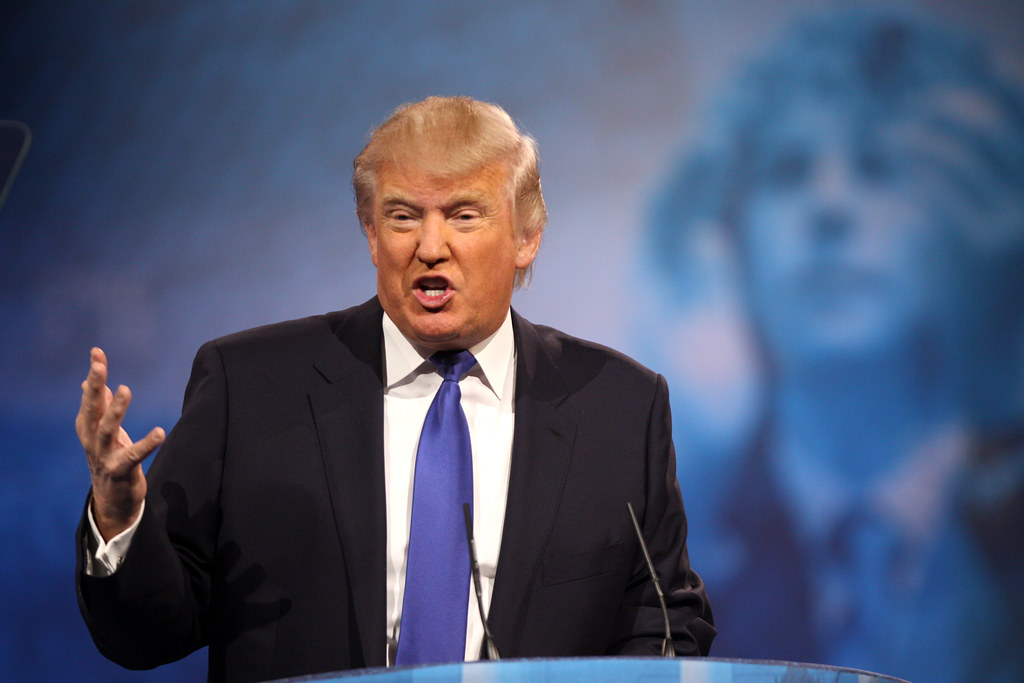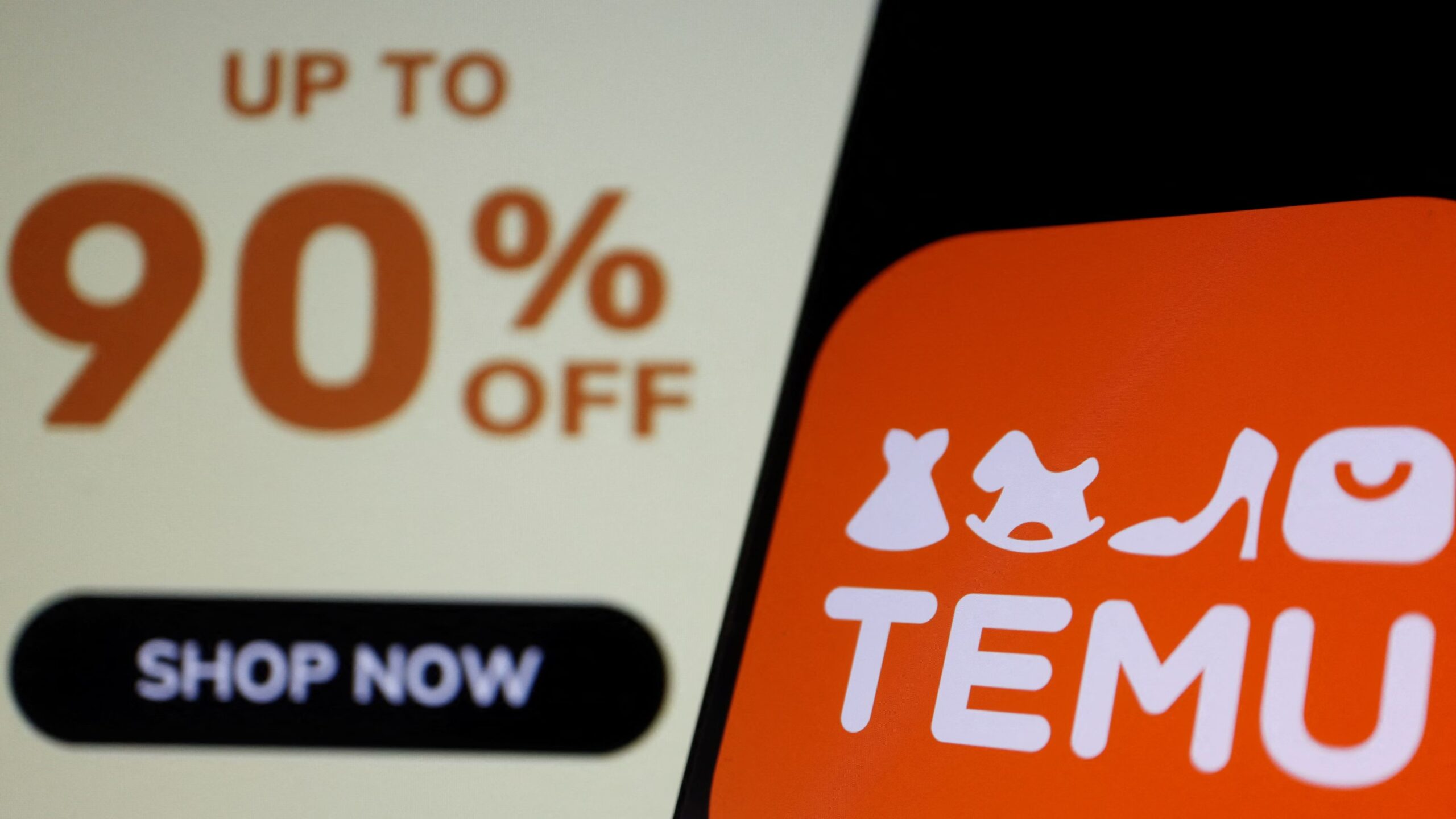Grayscale’s Bitcoin Trust (GBTC) has recently marked a significant decrease in withdrawal activity, reaching the lowest levels of outflows observed since its transition to an exchange-traded fund (ETF) format. This shift, highlighted by data from BitMEX Research, indicates a potential stabilization in investor movements within the fund.
A Closer Look at GBTC’s Withdrawal Trends
On February 23, GBTC saw withdrawals amounting to $44.2 million, the smallest daily volume recorded since its transformation from an over-the-counter product into an ETF on January 11. Despite witnessing substantial outflows at the start of the year, with January alone seeing $5.64 billion in withdrawals and a notable $640 million on January 22, February’s figures have shown a downtrend, with total outflows reaching $1.8 billion. Since its inception, the cumulative withdrawal from GBTC has amounted to $7.4 billion.
Comparison with Other Funds
In the backdrop of GBTC’s outflows, other Bitcoin funds have been on an upward trajectory. BlackRock’s IBIT has attracted over $6.6 billion in investments since its launch, with Fidelity’s FBTC following closely with over $4.7 billion in capital. ARK 21Shares claims the third spot, amassing inflows of $1.4 billion in the same timeframe.
Bitcoin Fund Flows Comparison
| Fund Name | Total Investment |
|---|---|
| BlackRock IBIT | $6.6 billion |
| Fidelity FBTC | $4.7 billion |
| ARK 21Shares | $1.4 billion |
| GBTC Outflows | $7.4 billion |
Factors Influencing GBTC Outflows
The transition of GBTC into an ETF was a pivotal moment, especially following the U.S. Securities and Exchange Commission’s approval of spot Bitcoin ETFs on January 10, which facilitated an easier process for GBTC shareholders to convert and redeem their shares. This change, coupled with portfolio rebalancing and a shift towards ETFs with lower fees, has influenced recent withdrawal trends. GBTC’s 1.5% annual management fee contrasts with competing funds that offer fees as low as 0.19%.
Upcoming Challenges and Strategic Outlook
Grayscale faces forthcoming challenges, particularly with the potential sale of $1.3 billion in GBTC shares by the bankrupt crypto firm Genesis Global Holdco, as part of a court-approved plan to reimburse investors. Despite these hurdles, Grayscale’s fee structure may still position it advantageously. Nate Geraci, president of ETF Store, noted on X (formerly Twitter) that despite significant asset reductions, Grayscale could still outperform other issuers in terms of revenue, given its fee structure.
Grayscale’s Bitcoin ETF has navigated through a period of notable withdrawals, reflecting broader market dynamics and investor strategies post-ETF conversion. While facing competition from lower-fee funds and navigating through external challenges, Grayscale’s unique position and fee strategy may still provide a sustainable path forward. The evolving landscape of Bitcoin ETFs continues to shape investor preferences and fund performances, underscoring the dynamic nature of the cryptocurrency investment sector.










